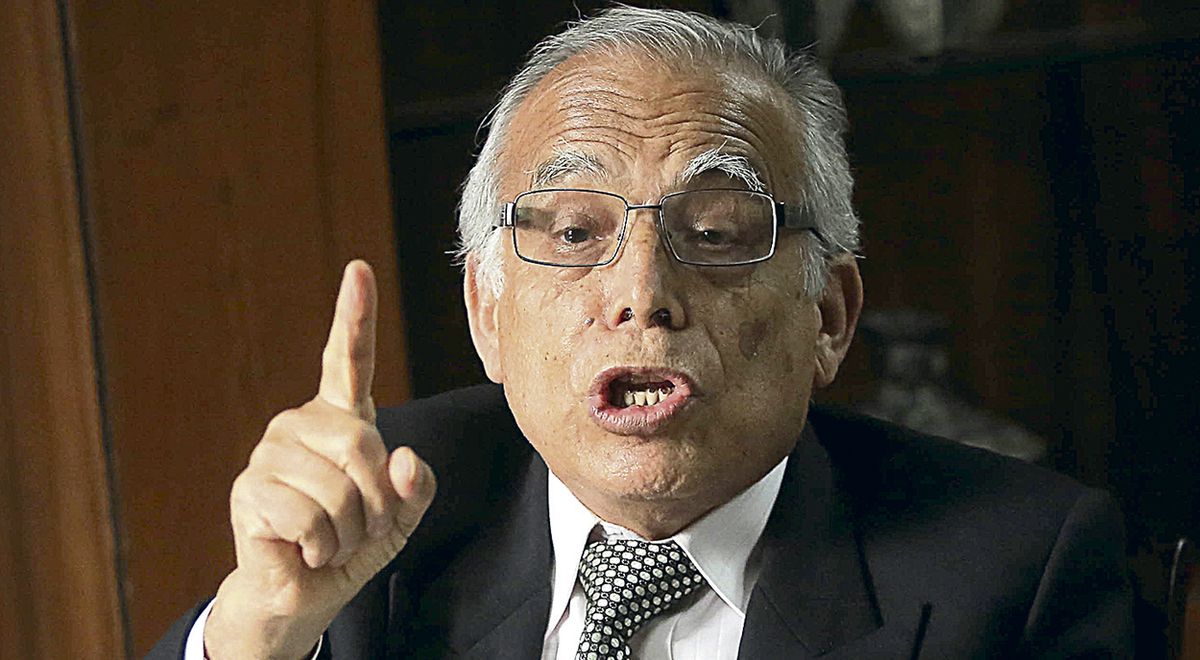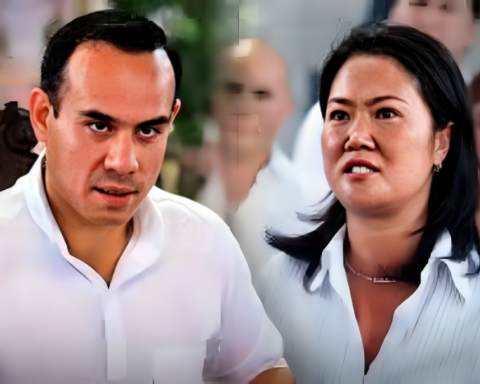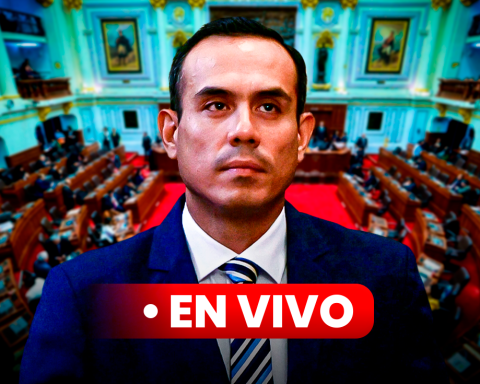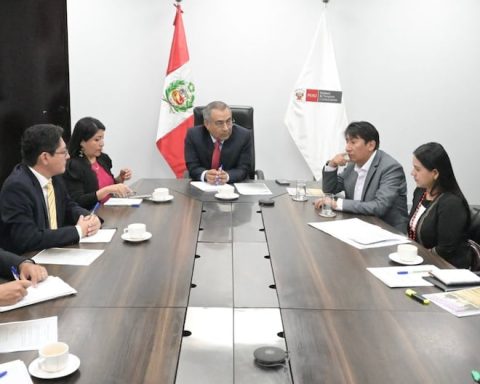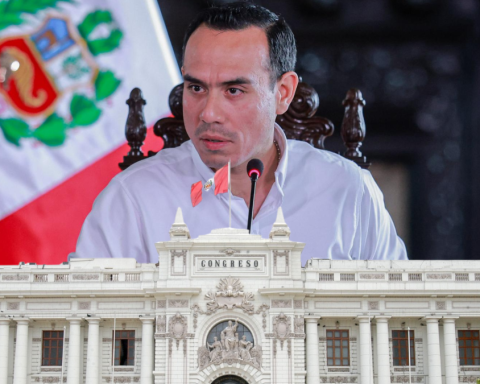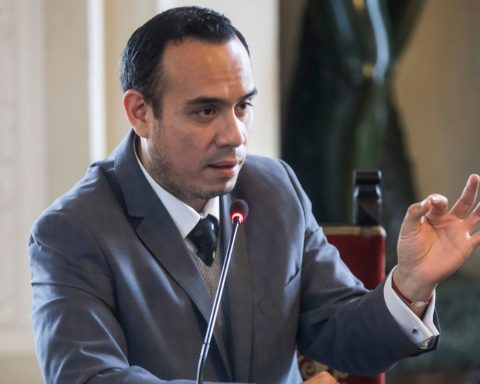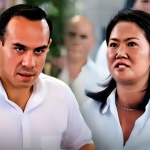The complaint made by the journalist Ximena Pintoin the sense that Prime Minister Aníbal Torres fired her from the position she held in the Presidency of the Council of Ministers for refusing to cut advertising to the newspaper El Comercio, may have legal implications at the constitutional and criminal level. This was stated by the criminal lawyer and specialist in information freedoms Roberto Pereira.
According to Pereira, what Pinto said is qualified as a violation of the freedom of indirect expression; this is the discretionary allocation of state advertising to punish or reward a media outlet for its editorial line. “It is a violation of the American Convention on Human Rights, in its article 13.3, and of the Peruvian Constitution, in its article 2.4.. This can generate international responsibility for Peru”, she said.
From the criminal point of view, the lawyer explained that two figures could be configured. One is embezzlement, which implies disposing of or assigning State resources to purposes other than those previously intended. “Apparently it would not have been executed here, but the penal code penalizes the attempt”, he added.
YOU CAN SEE: RMP on Aníbal Torres: “I should resign, because what Pinto has told is not a joke”
The other possibility of criminal charges is collusion, if it can be proven that between the Government and other media there is a agreement to favor them with public funds in exchange for favorable coverage.
Reading. Pereira sees legal implications on two levels. Photo: diffusion
Torres defends himself
It’s a statement, The Peruvian Press Council asked the premier to explain what Pinto said on Wednesday. At night, Torres insisted that the greatest publicity had to be done in the state media and also regional and local media had to be considered. “There should be no monopoly… I do not act outside the law”he indicated.
Later, he also confirmed that the discussion was precisely because the journalist told him that it was not right to remove from the media plan of the school campaign Trade already Channel 4 for non-technical reasons, such as ‘attacking’ the government.
YOU CAN SEE: Torres on complaint for state advertising: “I cannot act outside the law”
According to the CPP, “the addressing” denounced by Pinto “represents a crime and an attack against the right of citizens to be informed of the activities of their State.”
Regarding that last point, Pereira had a similar reading. He indicated that, in effect, the population’s right to access information would be affected.
Pinto, with extensive experience in the State, worked in the Ministry of Justice with Torres. When he was appointed premier, he took charge of the Secretariat of Social Communicationwhich manages a budget of 18 million soles for advertising. She assures that she defended the technical necessity of not excluding Trade. He even asked the Advisors to President Castillo to intercede with him to find a solution. Even Torres fired her.
YOU CAN SEE: Torres: “Conversing with the benches, I have sounded out that they may not trust us”
On her Twitter account, the journalist wrote: “I have been working in the State for 20 years. I am not improvised. Here it is not about changing things and saying that one wants to favor one medium or another. It’s about doing what’s technically correct. Nothing justifies accepting what may bring you legal consequences or administrative processes. I am leaving the PCM very disappointed, but with my honesty intact.
also him responded to Vladimir Cerronwho affirmed in networks that Pinto was an “infiltrator” to “direct the bids” in favor of certain companies. ”You would like the saying ′the thief believes that everyone is of the same condition′”, wrote the complainant in reply to what was said by the founder of Peru Libre. Finally, the president of the Transport Commission of Congress, Alexander Sotocited Pinto and Torres for Wednesday, March 2.
YOU CAN SEE: Allan Wagner on the bombing in Ukraine: “I welcome that the Foreign Ministry rectifies its position”
State advertising must be transparent
For Ipys, state advertising must be allocated “with the greatest transparency and based on the information needs of the population, which must be satisfied by the State”. The institution also pointed out that it is essential to use the media to reach specific audiences.
“Pinto’s complaint would demonstrate a purpose of embezzling public funds to allocate them to media related to the Governmentat the same time that citizens are misinformed,” said Ipys.
